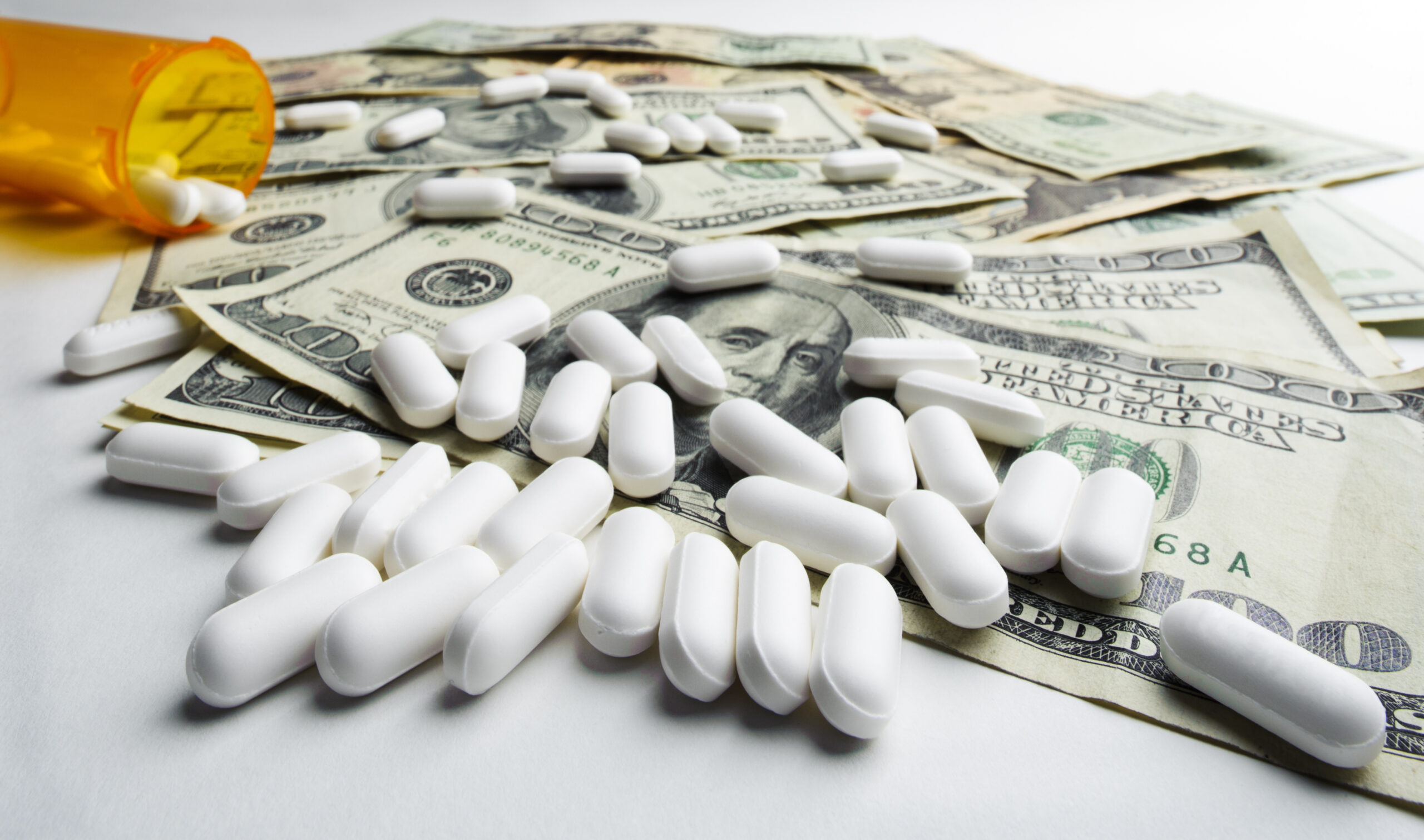© 2025 CSRXP- All Rights Reserved

THEY SAID IT: GOP AND CONSERVATIVE LEADERS CONCERNED WITH NEGATIVE IMPACT OF REBATE RULE
Jul 22, 2020
HHS Secretary, Republican Lawmakers, Right-of-Center Policy Experts and Conservative Commentators Raised Doubts on Premium Increases, Cost to Taxpayers and Bailout for Big Pharma
Reports this week indicate the administration may reboot a policy known as the Rebate Rule. The Rebate Rule was previously withdrawn by the White House amid concerns, on both sides of the aisle, that the measure would hike premiums on American seniors, come at too steep a cost to taxpayers, increase profits for Big Pharma and do little to lower prescription drug prices.
While CSRxP commends the administration’s commitment to lowering prescription drug prices, we encourage the White House to drop any plans to reboot the misguided Rebate Rule.
Concerns with the Rebate Rule and opposition to its enactment are bipartisan. Here are what leaders on the right side of the aisle have said about the measure:
Republican Policymakers
- U.S. Department of Health and Human Services Secretary Alex Azar: “Azar told reporters Thursday the proposal was withdrawn because Trump had concerns about how it would impact seniors’ health insurance premiums. ‘The president is deeply committed to protecting America’s seniors … He does not want any risk that our actions could cause seniors’ premiums to increase.’” (The Hill, White House Withdraws Controversial Rule to Eliminate Drug Rebates, 7/11/19)
- U.S. Senator Joni Ernst (R-IA): “Thad Nearmyer, Jasper County Republican Party chair, asked the senator about the rebate rule in regards to Medicare Part D… Ernst said she’s concerned about it and said lawmakers need to make sure they’re scrutinizing that. ‘What we don’t want to do is hit our seniors even more with this.’” (Newton Daily News, Ernst Hosts Newton Town Hall at DMACC, 4/25/19)
Right-of-Center Policy Experts
- American Enterprise Institute Scholars Joseph R. Antos & James C. Capretta: “Undercutting the ability Of PBMs to secure rebates would shift power and leverage to drug manufacturers. It is hard to see how taking that step would lead to lower overall costs for consumers.” (Joseph R. Antos & James C. Capretta, “Assessing The Effects Of A Rebate Rollback On Drug Prices And Spending,” Health Affairs, 3/11/19)
- Jack Kemp Foundation Fellow Ike Brannon: “The administration’s proposal to end rebates fundamentally misdiagnoses the problem with Medicare Part D: rebates are an effect and not the cause of higher drug prices for seniors. What’s more, rebates are arguably the only mechanism keeping drug prices in check.” (Ike Brennan, “Ending Drug Rebates Will Not Reduce Drug Prices,” Forbes, 4/22/19)
- Goldwater Institute President and CEO Victor Riches: “The government’s own studies reveal just how much of a burden this change will create. The Centers for Medicare and Medicaid Services, which operates the Medicare program, estimates that seniors’ Medicare Part D premiums will increase by 19 percent in 2020 alone and 25 percent overall if the Rebate Rule is enacted. That price hike isn’t affordable for most seniors – least of all for those already struggling to pay for their prescription drugs… The proposed Rebate Rule does nothing to require or even encourage drug companies to lower their prices.” (Victor Riches, “What Policymakers Need to Know About Plan to Rein in Medicare Drug Costs,” AZ Capitol Times, 5/30/19)
Conservative Commentators
- Washington Times Editorial: “The people who came up with it acted on the flawed assumption that elimination of such managers would lead to lower prices although the pressure to lower prices has eased. That would be a victory for the drug manufacturers. It would put taxpayers on the hook for higher health care costs while increasing company profits.” (Washington Times, Editorial: The Unfixed Broken Health Care System, 4/24/19)
- Washington Examiner Columnist Quin Hillyer: “There’s no guarantee that the pharmaceutical manufacturers would reduce over-the-counter prices … by anywhere near enough to counteract the rise in premiums … The actuaries for HHS itself estimate premiums would rise by 25%… Because the rule would apply directly to the government program of Medicare, the higher premium prices would be borne by taxpayers as well. Both the Congressional Budget Office and the Center for Medicare and Medicaid Services say the 10-year cost to taxpayers would rise by nearly $200 billion… With the federal government already running annual deficits above $700 billion, these added costs would be flat-out unaffordable.” (Quin Hillyer, Trump Team Has the Wrong Twist on Drug Pricing Policy, Washington Examiner, 6/7/19)
- Daily Caller Contributor Derek Hunter: “The Trump administration has proposed eliminating rebates under the assumption those ‘savings’ will be passed on to consumers … What is known is that premiums for Medicare prescription drug insurance ‘could jump 19 percent’ next year under this rule change … and taxpayers would take a hit as well. By some estimates, the government’s costs would rise ‘by an average of $20 billion a year through 2029, or $200 billion in all.’” (Daily Caller, The GOP Needs To Learn There Are No Quick Fixes For Health Care, 4/23/19)
- Former Heritage Foundation Senior Writer Brian McNicoll: “What we do know is such a move won’t be cheap, and it will come at the expense of underprivileged people, hard-working taxpayers and those who purchase drug prescription plans through Medicare Part D or otherwise. And we can’t afford that.” (RealClearHealth, Not So Fast on Ending Rebates for Prescription Drugs, 4/19/19)
Learn more about the Rebate Rule HERE
